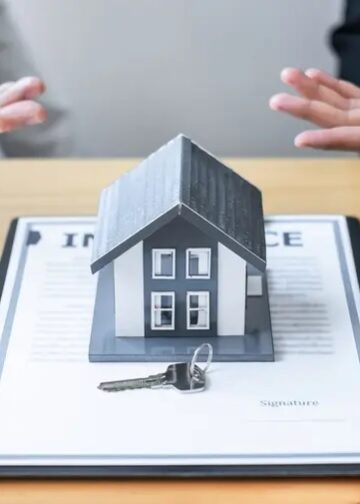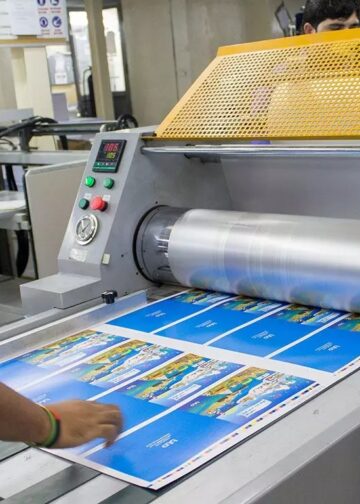For homeowners, the reality of paying off a mortgage can go on for decades. But who wouldn’t want to pay off their mortgage early, right? You get to save money in interest, and you no longer have to worry about monthly payments. However, this tactic isn’t actually for everyone.
For instance, you may earn more by investing or even lose the interest tax deduction of your mortgage if you pay it early. In some cases, a borrower may face prepayment penalties to the lender if they refinance, sell, or pay off their loan within a certain time of closing on the initial mortgage. If these cases don’t apply to you, paying off your mortgage early is the best financial move to make. How can you do that? Here are some simple steps that you can follow.
- Bring lunch to work
You’d be surprised how much you can save every month by bringing your home-cooked meals to work. Sure, taking simple sandwiches or meal leftovers from home is no fun. But it can help you become mortgage-free eventually. An average working individual can save up to $100 or more every month by packing their own lunch. Let’s say you have a $220,000 mortgage. You can pay that off four years ahead of schedule if you can save $100 each month to add to your monthly payment. Now, it doesn’t have to be as big as $100. You can start with small steps like adding at least $20 to your mortgage payment.
- Refinance your mortgage
The second option you have is refinancing your current loan into a shorter term length. Most lenders can help you refinance your loan to a shorter term, especially if you have a good credit standing or payment history. Aside from a shorter term, mortgage refinance can provide you with lower monthly payments, more predictable costs, and a better loan rate. It is even an excellent solution for consolidating debts. If you qualify for a mortgage refinance, you can save a lot of money on interest and pay off your loan faster.
But check if the mortgage closing costs won’t negate the interest savings before considering this option. It may not be worth it if they do. Furthermore, don’t hesitate to ask the help of your lender or financial advisor in calculating and comparing the fixed-rate terms to ensure you’re making the right financial decision.
- Recast your mortgage
If you’re already paying off a loan with a low interest rate, recasting might be a better option for you. Mortgage recast is where you put a lump sum toward your loan’s principal balance to cut down your remaining monthly payments. In this strategy, your interest rate and term will remain the same. Take note that not all loans are eligible for recasting. Government loans such as VA, USDA, and FHA are excluded from mortgage recast. At the same time, not all lenders allow this.
For example, you’re eligible for a mortgage recast. There are certain guidelines that you’ll need to follow and consider. For instance, before a mortgage can be recast, the borrower should make two consecutive payments at their current monthly payment amount. A fee of $250 may also be present for the processing of the recast. It’s highly advisable to look into the guidelines associated with recasting before applying for it.
- Pay extra principal monthly
Depending on your mortgage lender and terms, there are instances that extra payments are allowed. Some loan providers will label it ‘principal only.’ So rather than paying for both the interest and principal on the mortgage, the extra payment will go to the principal obviously. These small extra payments can go a long way in terms of saving on interest fees. That means you’ll also be more capable of paying off your mortgage years ahead of schedule.
Extra principal payments don’t have to be in high amounts. For instance, if you have a loan payment in an odd amount like $1035, you can consider paying up to $1100 and allot that extra into your loan’s principal. Adding as little as %50 every month can greatly help in speeding up your loan payoff process. You’ll never notice how the principal payments will add up.
If your situation suits it, paying off your mortgage faster can come with excellent benefits. Not only do you get to eliminate your mortgage payments, but you can also save more money every month. Plus, you have the peace of mind that you finally own the house, and there’s no chance you’ll lose it. Look into your finances carefully before taking any steps.
















